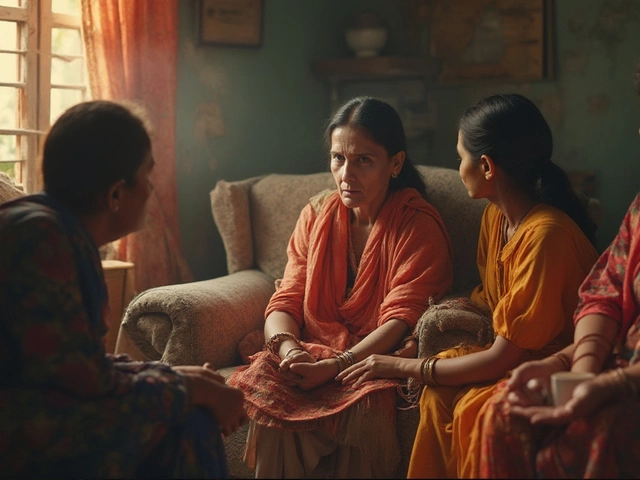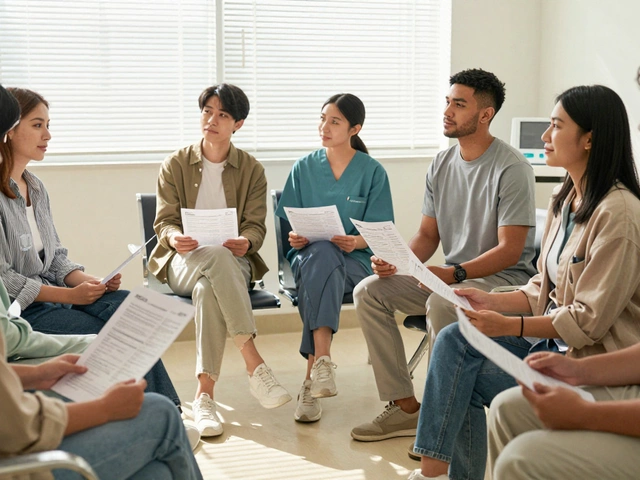Global Health: What You Need to Know Right Now
Whether you live in Delhi or Detroit, the health choices you make are linked to a worldwide web of drugs, doctors, and policies. Today’s headlines about pricey surgeries in the US, herbal supplement scandals, or new cancer pain treatments aren’t just foreign stories – they shape what you might see on a pharmacy shelf or hear from a doctor back home.
Top Global Health Concerns in 2025
One major buzz is the rising cost of prescription drugs. The US, for example, tops the list for high pharmacy prices, forcing many to hunt for discounts or switch to generics. At the same time, countries like India are seeing a surge in herbal supplement companies. Not all of them meet strict safety standards, so you’ll want a buyer’s checklist before you trust a new “natural” product.
Another hot topic is the disparity in healthcare quality across regions. Recent data shows that some US states outshine others in access to primary care, while parts of Europe boast universal coverage that cut down preventable deaths. Knowing which systems work best can help you argue for better policies in your own community.
Cancer treatment pain is also making headlines. New research points out which therapies cause the most suffering, pushing hospitals to adopt better pain‑management protocols. If you or a loved one face cancer, ask the care team about the latest pain‑relief options – there’s often a newer, less painful alternative available.
How to Stay Safe with Medications Worldwide
First, always check the ingredient list. Even popular over‑the‑counter meds can hide substances that interact badly with chronic drugs like metformin. A quick online lookup or a chat with a pharmacist can save you from unwanted side effects.
Second, watch out for “miracle” claims. Products promising instant detox, such as certain liver‑flush drinks, rarely have solid science behind them. Stick to proven lifestyle changes – balanced diet, regular exercise, and staying hydrated – instead of betting on fad drinks.
Third, be skeptical of price‑driven options. If a pharmacy’s price seems unusually low, it might be a counterfeit. Look for sealed packaging, batch numbers, and reputable sellers. When you shop online, verify the seller’s credentials before clicking “buy.”
Finally, keep an eye on global health alerts. Organizations regularly release advisories about drug recalls, new vaccine recommendations, or emerging health threats. Subscribing to a reliable health newsletter can keep you one step ahead without feeling overwhelmed.
Staying informed doesn’t mean you have to become a medical expert. Focus on a few practical steps: read labels, question too‑good‑to‑be‑true claims, compare prices wisely, and follow official health updates. Those habits can protect you from the hidden risks that travel across borders every day.

Medical Illness Rates Around the World: Insights for Travelers
Exploring which countries experience the highest frequency of illness can offer valuable insights for medical tourists. Understanding varying disease patterns across nations helps travelers make informed decisions. From prevalent illnesses to available healthcare, this article delves into the factors contributing to countries' health statistics. Additionally, it provides tips for those seeking medical treatment abroad.




